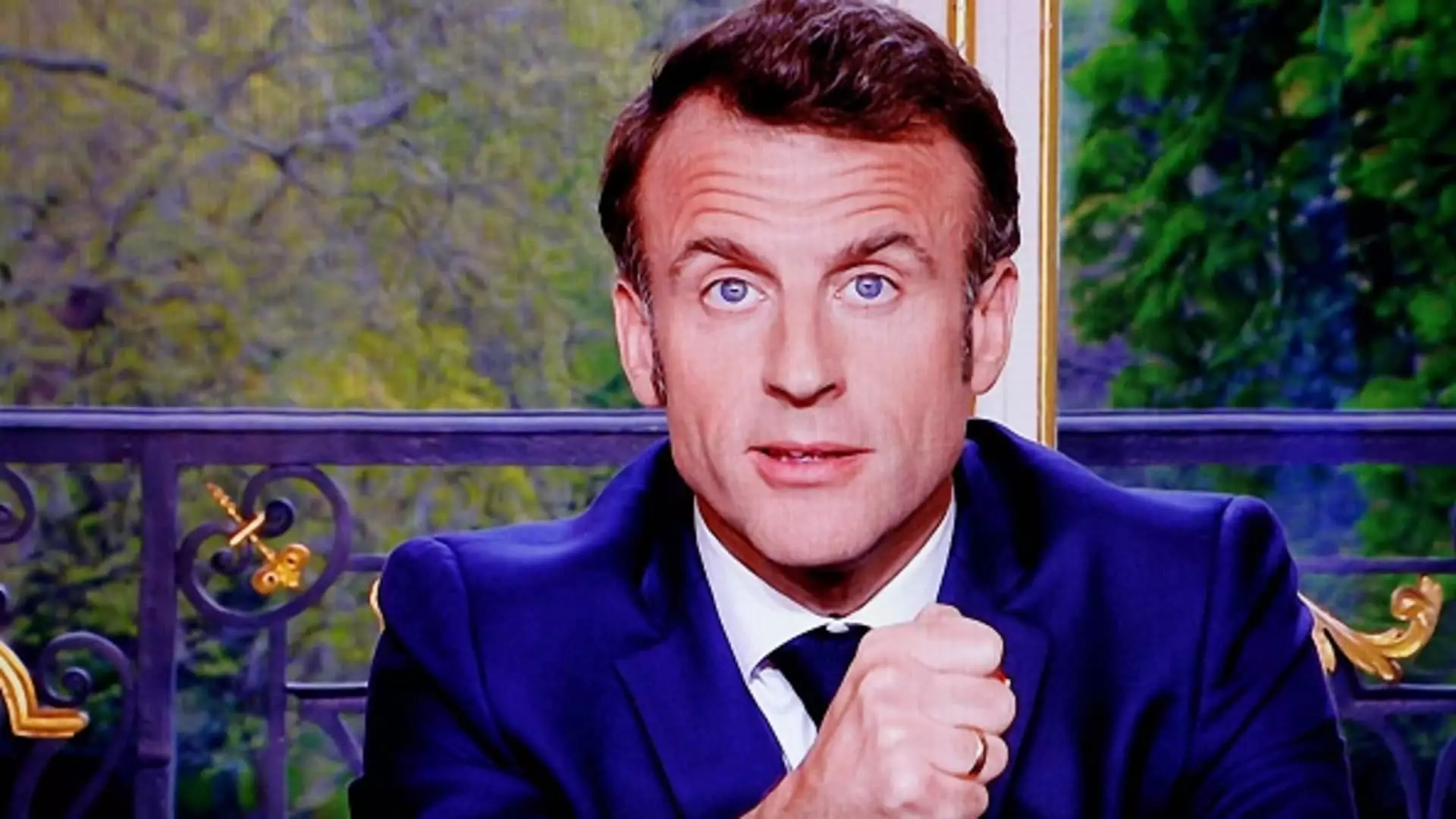French President Emmanuel Macron has once again sparked controversy by suggesting the possibility of sending troops into Ukraine. Despite facing backlash from Russia and some of his NATO allies, Macron stood firm on the idea during a recent interview. He emphasized the need for the international community to set clear red lines and not appear weak in the face of an adversary who has shown no limits. Macron’s remarks raise questions about the potential consequences of military intervention in the ongoing conflict in Ukraine.
Macron’s comments were met with mixed reactions from various parties. While some supported the idea of increasing involvement to support Ukraine, others expressed concerns about the implications of such a move. Kremlin spokesperson Dmitry Peskov suggested that France was already engaged in the conflict and hinted at the possibility of further escalation. The NATO alliance, on the other hand, has been cautious about committing ground troops to Ukraine, focusing instead on providing military equipment and ammunition to support the country’s defense.
NATO Secretary-General Jens Stoltenberg underscored the need for political will to support Ukraine but stopped short of endorsing Macron’s proposal for troop deployment. NATO members have been urged to meet defense spending targets to strengthen their collective security, with the majority expected to reach the 2% of GDP goal this year. The alliance remains committed to supporting Ukraine through non-military means, although some voices within NATO have called for a more robust response to the conflict.
Macron’s upcoming meeting with German Chancellor Olaf Scholz in Berlin is seen as an opportunity to address tensions over Ukraine within the context of the Weimar Triangle. Poland, which has been a vocal supporter of Ukraine, will also participate in the discussions. Germany has faced criticism for delays in delivering military assistance to Ukraine, raising concerns about its commitment to the security of the region. The involvement of German soldiers in operating missile systems highlights the complexities of military intervention in the conflict.
As Macron and Scholz prepare to meet to discuss the way forward, the focus remains on finding a diplomatic solution to the crisis in Ukraine. While some advocate for increased military support, others emphasize the need for dialogue and negotiation to de-escalate tensions. The US, Poland, and other allies continue to reaffirm their support for Ukraine’s self-defense, signaling a united front against Russian aggression. The challenge lies in striking a balance between military deterrence and diplomatic efforts to end the conflict.
The debate over the potential deployment of troops in Ukraine highlights the complex dynamics at play in the region. While there are calls for stronger military support for Ukraine, there are also concerns about the risks associated with military intervention. Finding a balance between deterrence and diplomacy is crucial to resolving the conflict and ensuring the security of Ukraine and the broader European region. Macron’s proposal has reignited discussions on the role of NATO and European allies in addressing security challenges, underscoring the need for a unified and strategic approach to conflict resolution.



Leave a Reply